Polycystic Kidney Disease Treatment in Haryana
Polycystic Kidney Disease (PKD) are renal health disease affecting millions of individuals across globe. In this article, we will discuss the causes, symptoms, diagnosis, and treatment in Haryana and Rajasthan for PKD from best doctors, nephrologists and Urologists in the state.
Causes and Types of Polycystic Kidney Disease
PKD is a genetic disorder characterized by the growth of multiple fluid-filled sacs (cysts) in the kidneys. These cysts replace healthy kidney tissue, affecting the kidney function over time. The primary cause of PKD is genetic mutations that are passed down through generations. Two main types of PKD exist are:
-
Autosomal Dominant Polycystic Kidney Disease (ADPKD): Most common form of PKD, caused by mutations in the PKD1 or PKD2 genes. Symptoms appear in adulthood, and the severity of the condition vary greatly even among family members.
-
Autosomal Recessive Polycystic Kidney Disease (ARPKD): ARPKD is a rarer form caused by mutations in the PKHD1 gene. It presents in infancy or childhood and is often more severe.
-
Abdominal Discomfort: Patients often experience pain or discomfort in the abdominal area, typically in the back or sides.
-
High Blood Pressure: Hypertension is a common complication of PKD, requiring careful management to prevent further kidney damage.
-
The Blood in Urine: Hematuria, or blood in the urine, can occur due to cysts damaging blood vessels in the kidneys.
-
Kidney Stones: Cysts can lead to the formation of kidney stones, resulting in pain and potential obstruction.
-
Kidney Function Decline: Gradual deterioration of kidney function can lead to fatigue, weakness, and fluid retention.
-
Urinary Tract Infections: Frequent infections might occur due to urinary stasis caused by cysts.
-
Blood Pressure Control: Given the common association of PKD with hypertension, careful blood pressure management is crucial. Medications, dietary adjustments, and lifestyle changes are prescribed to prevent further kidney damage.
-
Pain Management: Abdominal pain and discomfort can be managed through medications and lifestyle modifications. Heat therapy and gentle exercises might also help.
-
Cyst Infection Prevention: Patients are educated about the importance of maintaining good hygiene and staying vigilant for urinary tract infections.
-
Dietary Guidance: Our expert dietitians provide personalized dietary recommendations to manage fluid balance, electrolytes, and overall kidney health.
-
Genetic Counseling: Genetic testing and counseling are offered to individuals with PKD, helping them understand the inheritance pattern and make informed family planning decisions.
-
End-Stage Renal Disease (ESRD) Management: In advanced cases, when kidney function severely declines, dialysis and kidney transplantation become viable options. Our hospital offers comprehensive services for ESRD patients.
Symptoms and Complications
One of The symptoms of PKD vary, but the most notable signs include:
Polycystic Kidney Disease Diagnosis
At SS Kidney Hospital, Our nephrologists and Urologists do complete clinical evaluation, imaging, and genetic testing through a set of tests and diagnosis processes. Ultrasound imaging is the first step, enabling visualization of cysts in the kidneys. For confirmation and a more detailed view, MRI scans are suggested. Genetic testing identify mutations associated with PKD and help in determining the type of the disease.
Polycystic Kidney Treatment in Haryana
While PKD is a genetic condition without a cure, effective strategies are available to slow disease progression, alleviate symptoms, and improve overall quality of life. As a best kidney hospital in Haryana, SS Kidney Hospital offers a top class care to deal with PKD for patients:
Polycystic Kidney Disease is a complex condition that demands specialized care and a multidisciplinary approach. As a premier kidney hospital in Haryana, SS Kidney Hospital is committed to providing patients with cutting-edge diagnostics, personalized treatment plans, and compassionate care. Through our comprehensive strategies, we aim to empower individuals with PKD to lead fulfilling lives while effectively managing their condition. If you suspect you or a loved one might have PKD, seeking timely medical evaluation is crucial for early intervention and optimal outcomes.

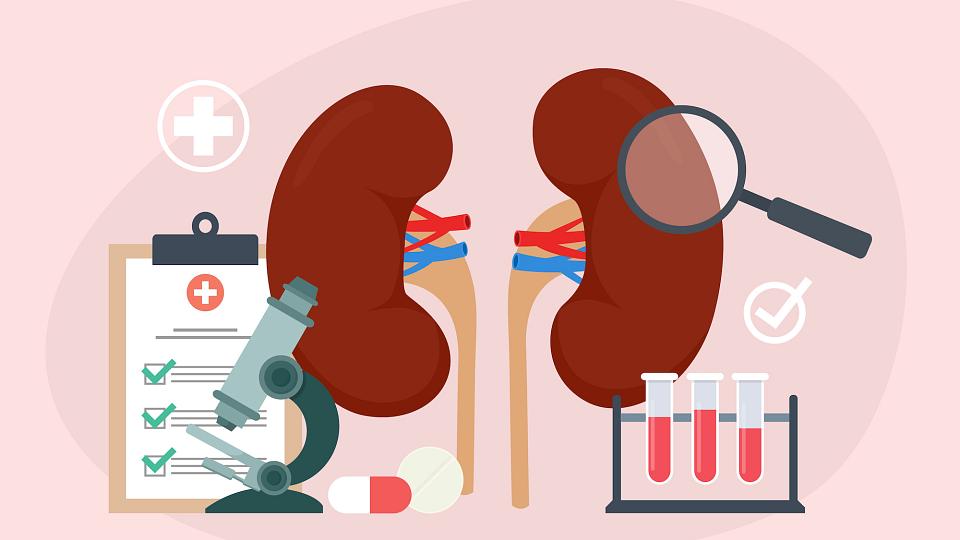


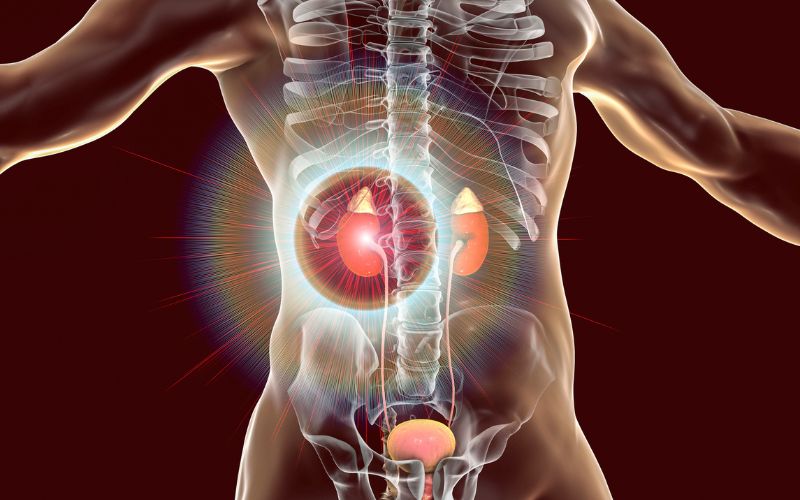
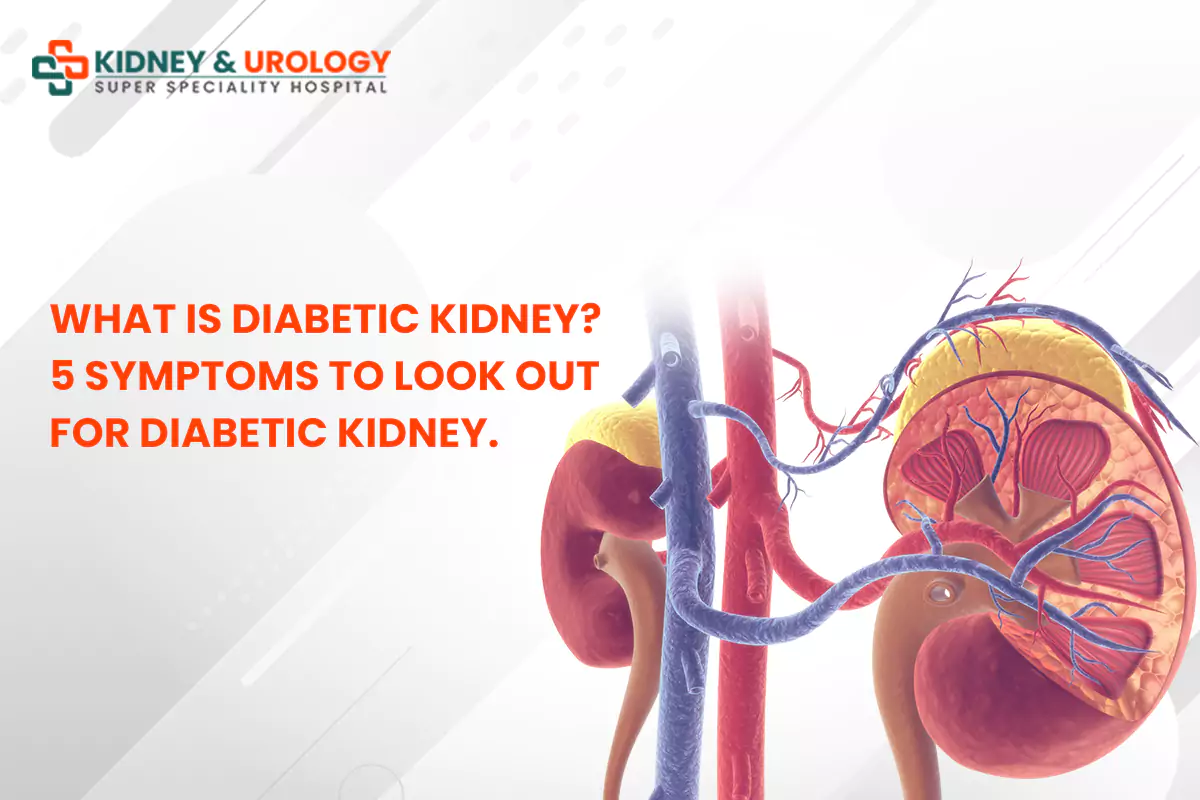
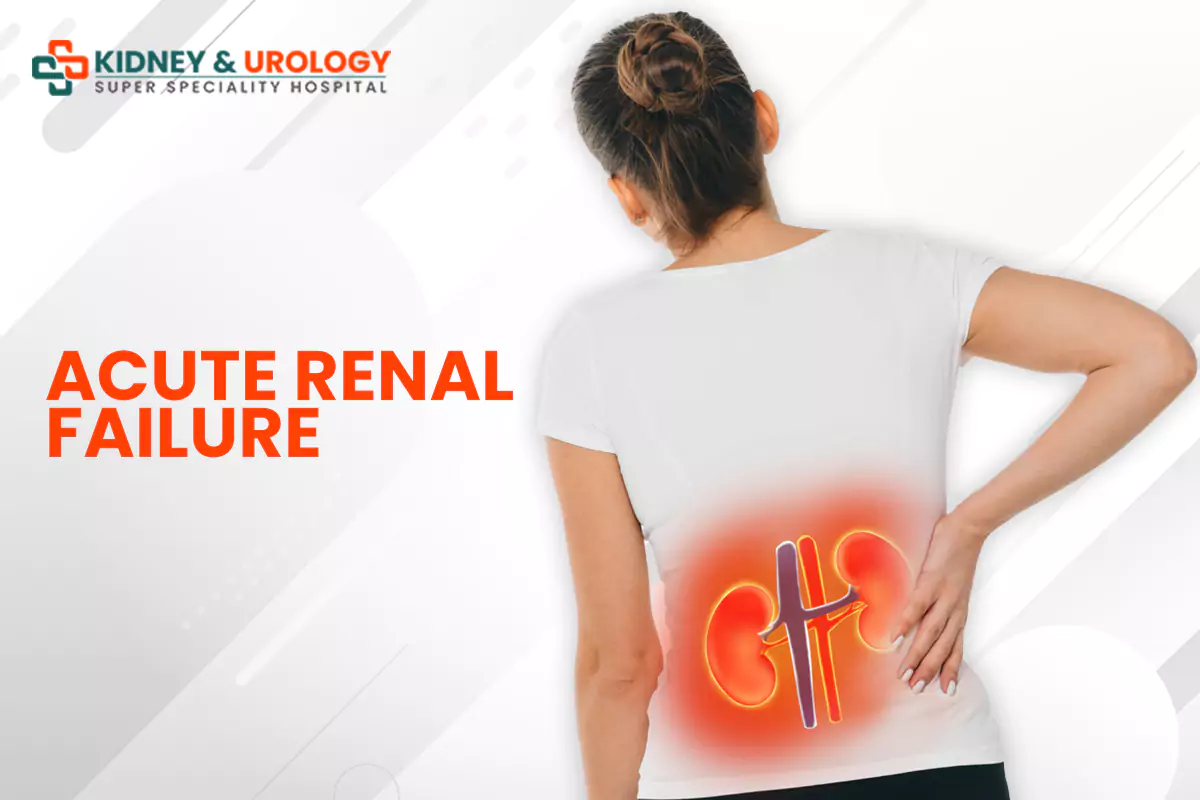
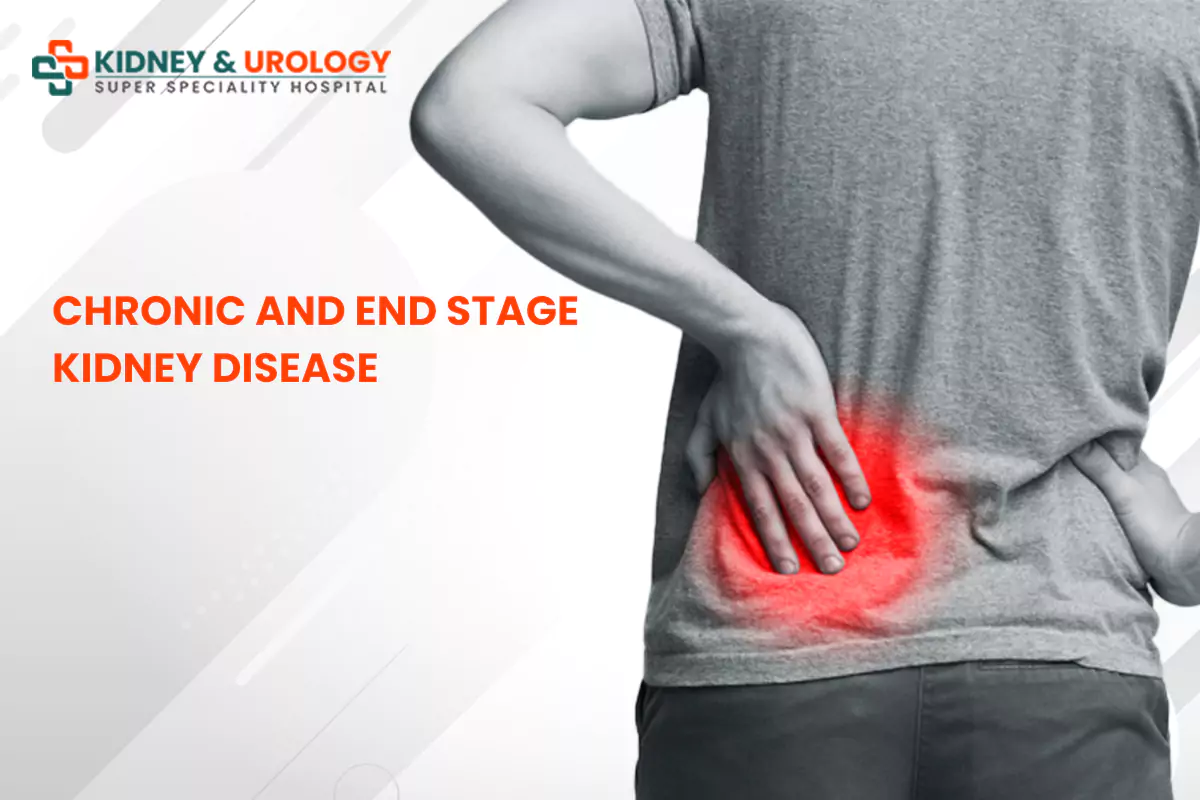

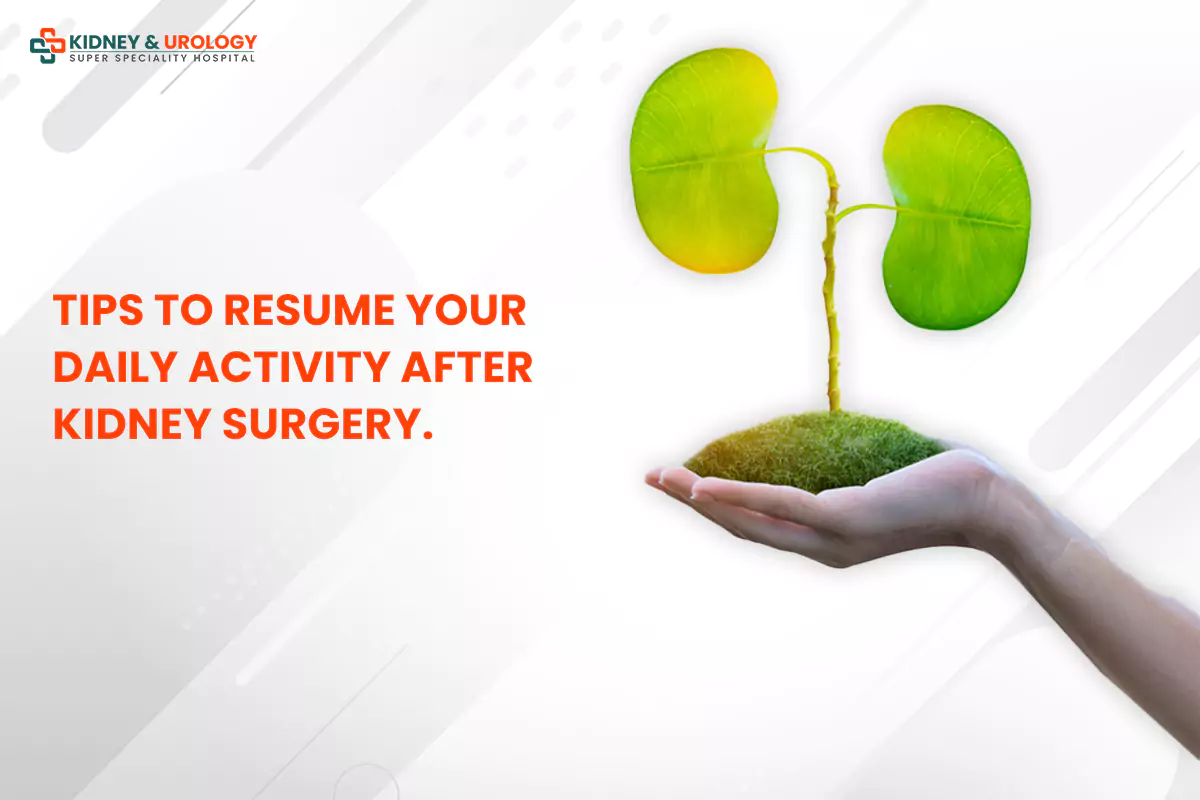




Request A Callback